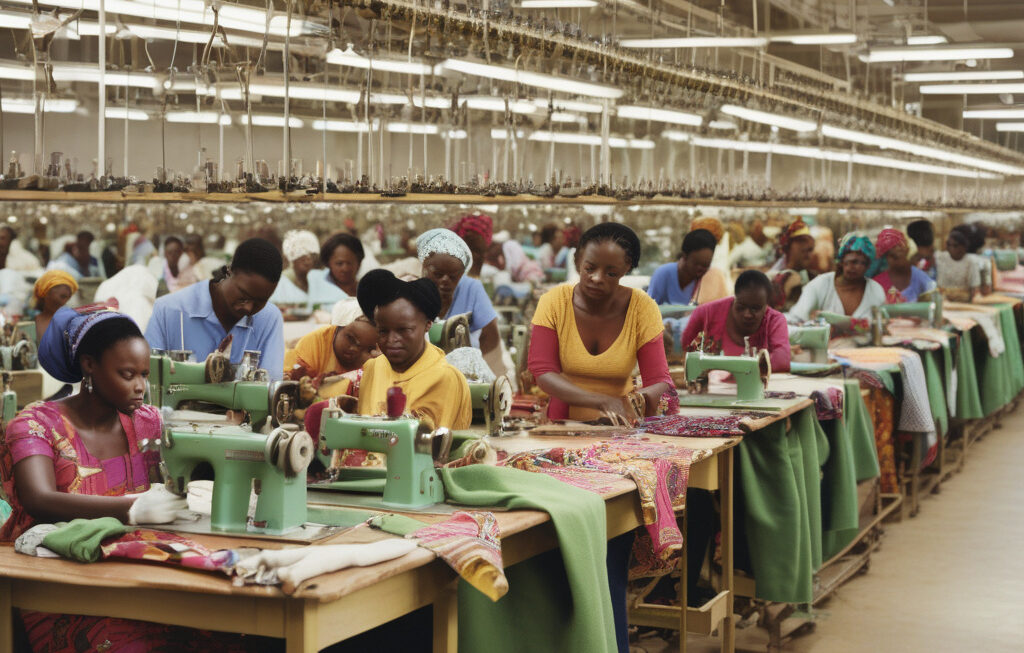Fashion’s Suppliers Want More Say on Climate Action
In the ever-evolving landscape of the fashion industry, sustainability has become a key focus for many brands. From using eco-friendly materials to implementing recycling programs, companies are increasingly taking steps to reduce their environmental impact. However, there is one group that often gets overlooked in these efforts: the suppliers.
A new initiative led by apparel and textile manufacturers aims to give suppliers a bigger voice at the table when it comes to climate action. These suppliers, who are often based in countries like Bangladesh, China, and Vietnam, play a crucial role in the fashion supply chain but are rarely involved in the decision-making process when it comes to sustainability initiatives.
Miran Ali, a Bangladesh-based manufacturer, highlighted this issue when he said, “brands just make a statement and then expect us to pay the bill for it.” This sentiment is shared by many suppliers who feel that they are being left out of the conversation when it comes to implementing environmentally friendly practices.
One of the main reasons for this disconnect is the power dynamics within the fashion industry. Brands hold the majority of the influence and often dictate the terms to their suppliers. As a result, suppliers are left to bear the financial burden of implementing sustainability measures without having a say in the process.
The new initiative aims to change this by giving suppliers a seat at the table and involving them in the decision-making process. By including suppliers in discussions around climate action, brands can ensure that the initiatives they implement are feasible and sustainable for all parties involved.
This shift towards greater supplier involvement is not only beneficial for the environment but also for the fashion industry as a whole. Suppliers often have valuable insights and expertise that can help brands develop more effective sustainability strategies. By working together, brands and suppliers can create a more transparent and responsible supply chain.
In addition to involving suppliers in decision-making, brands can also support their suppliers in implementing sustainable practices. This can include providing financial assistance, offering training programs, and sharing best practices. By working together, brands and suppliers can create a more sustainable and ethical fashion industry.
Ultimately, the success of sustainability initiatives in the fashion industry depends on collaboration and partnership. Brands must recognize the important role that suppliers play in the supply chain and involve them in the decision-making process. By working together towards a common goal, brands and suppliers can drive meaningful change and create a more sustainable future for the industry.
#FashionIndustry, #ClimateAction, #SustainabilityInitiatives, #SupplierInvolvement, #EthicalFashion












